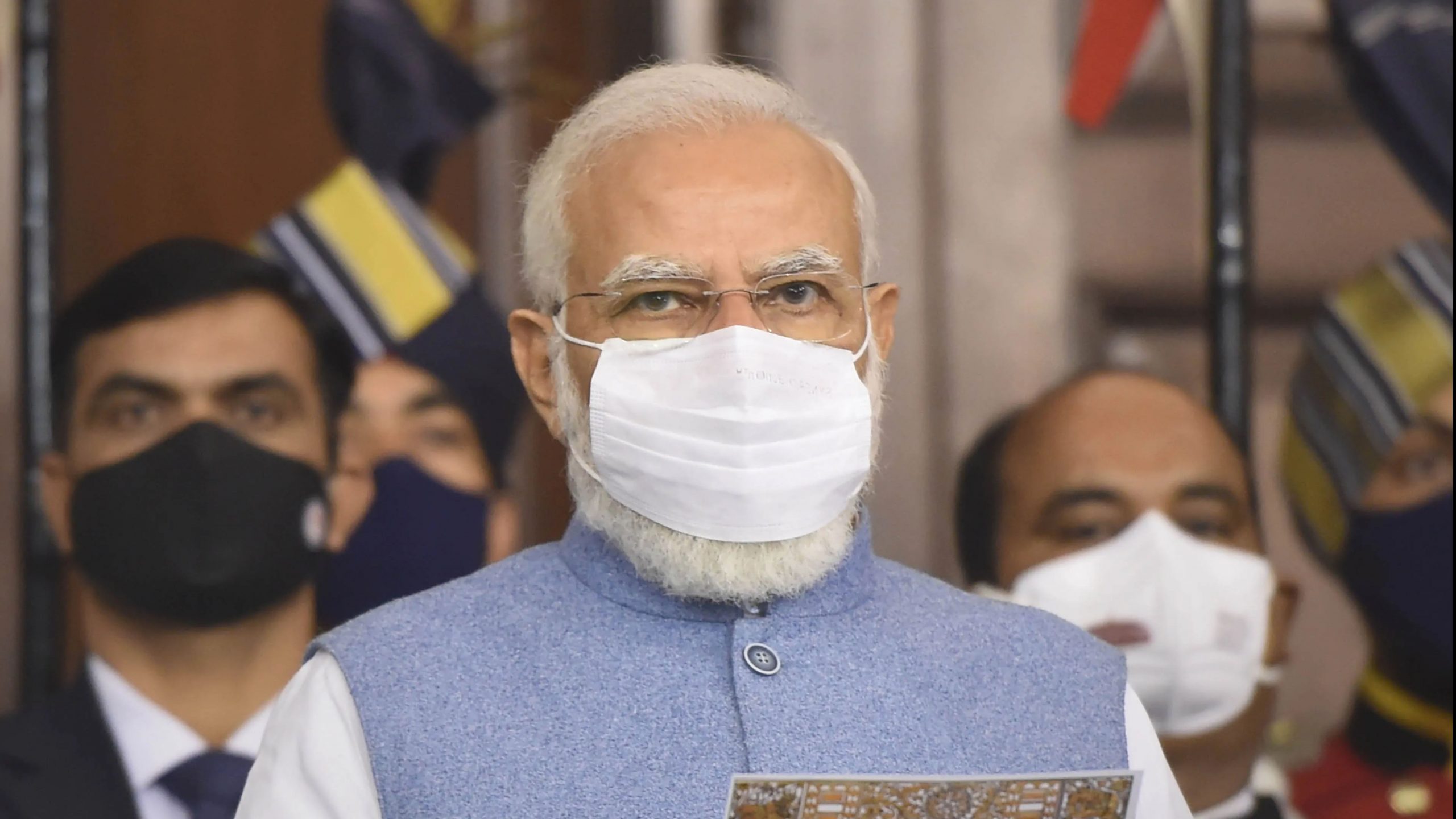The Narendra Modi-led central government has called an all-party meeting on Sunday, to be chaired by the Prime Minister, to discuss the agenda for the upcoming Winter Session of the Parliament, which begins on Monday.
Vice President M Venkaiah Naidu, who is also the chairman of Parliament’s Upper House, has called a meeting of Rajya Sabha floor leaders for later this evening to discuss the Winter Session’s proceedings, according to a report in the Hindustan Times.
These meetings are usually held to ensure that the House runs smoothly before the start of the actual Parliament session.
The central government is set to introduce The Farm Laws Repeal Bill, 2021 – all-important draught legislation to pull back the three contentious agricultural laws that sparked year-long protests by farmers’ unions at Delhi’s border points – on the first day of the 17th Lok Sabha’s seventh session.
Even though the bill repealing the three controversial laws has been approved by the Union cabinet and is expected to pass the Lok Sabha in the upcoming Winter Session, it may not be enough to appease the protesting farmers, who continue to seek guaranteed crop prices – a minimum support price (MSP) for their harvests.
Following a year of “dedication, fight, and commitment” to the farmers’ protests, Bharatiya Kisan Union (BKU) leader Rakesh Tikait said earlier this week that guaranteed MSP continues to remain one of the movement’s key demands, and that the government’s decisions in the upcoming Parliament session will have an impact on the farmers’ struggle’s in the coming years.
Meanwhile, the opposition is resolute about debating the bill in the House in order to put the government on the defensive over farm issues. In both Houses, the Congress has issued three-line whips, requesting that party MPs be present on Monday.
The party also plans to hold a meeting with other opposing parties an hour before the winter session starts to work together on “critical matters of people’s concerns” and to finalise the strategy for both Houses to highlight the “failure of the central government, especially on three farm laws,” rising inflation, and other pressing issues.
Notably, the bill to remove the three farm laws, that is to be introduced in the upcoming Winter Session, states: “To enable the farmers to sell their produce at higher prices and benefit from technological improvements, farmers have been provided access to agriculture markets which will help them increase their income. With this objective three farm laws…were enacted, as a part of the government’s endeavour to improve the condition of farmers including small and marginal farmers.”
It also says that even though “only a group of farmers are protesting against these laws, the government has tried hard to sensitise the farmers on the importance of the farm laws and explain the merits through several meetings and other forums”. According to the proposed legislation, new avenues for the trade of farmers’ produce were created without taking away existing mechanisms.
The Winter Session will begin on Monday, November 29 and conclude on December 23.







